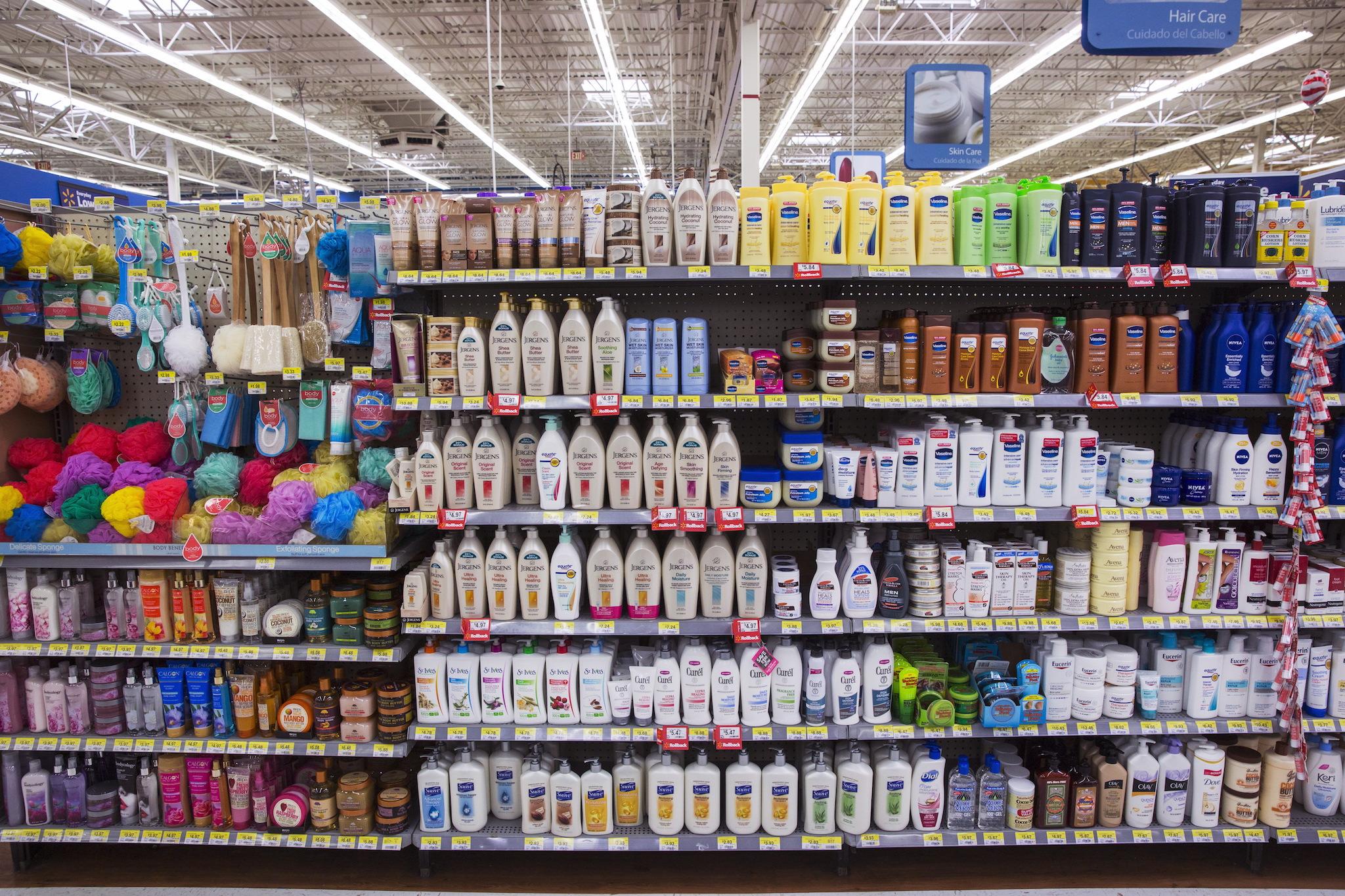Shampoo that sticks in the bottom of the bottle may have been made extinct by scientists
The new nanoparticle coating lets people ensure that they get the last bits of soap out any plastic – and isn’t just a frippery

Scientists might finally have found a way of getting every drop of shampoo out of the bottle.
A new kind of nanoparticle coating that allows the soap in bottles of shampoo, washing up liquid or detergent to flow all the way out could solve one of the most annoying things about shampoo. And it will work for good, too – helping recycle one of the most commonly thrown away things in many households.
It also means that none of the solution inside will be wasted, since everything can be removed.
Similar technology already allows food to pour out of containers. But the new development helps solve a far stickier problem – and one that causes genuine problems.
Lead scientist Professor Bharat Bhushan, from Ohio State University in the US, said: "Compared to soaps, getting ketchup out of a bottle is trivial."
His team has developed a way of lining plastic bottles with microscopic Y-shaped structures that cradle droplets of soap above tiny air pockets.
As a result, the soap never actually touches the sides of the bottle. Instead of spreading out, the soap droplets form beads and roll off the surface.
The Y structures are built up using much smaller nanoparticles made from silica or quartz, an ingredient in glass.
Prof Bhushan said: "It's what you'd call a first-world problem, right? 'I can't get all of the shampoo to come out of the bottle.'
"But manufacturers are really interested in this, because they make billions of bottles that end up in the garbage with product still in them.
"We all struggle with shampoo bottles at home. I have a few in my shower right now.
"Trying to get the last drop out, I put it upside down, and my wife adds water to the bottle and fights with it for a while, and then we give up and just throw it away."
The invention could also aid recycling, said the researchers whose patent-pending technology is described in the journal Philosophical Transactions Of The Royal Society.
Before plastic bottles can be recycled they have to be rinsed completely clean.
Additional reporting by Press Association
Join our commenting forum
Join thought-provoking conversations, follow other Independent readers and see their replies
Comments